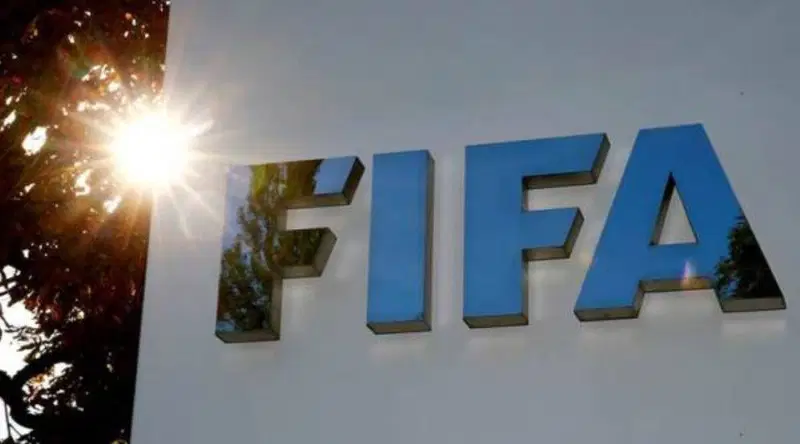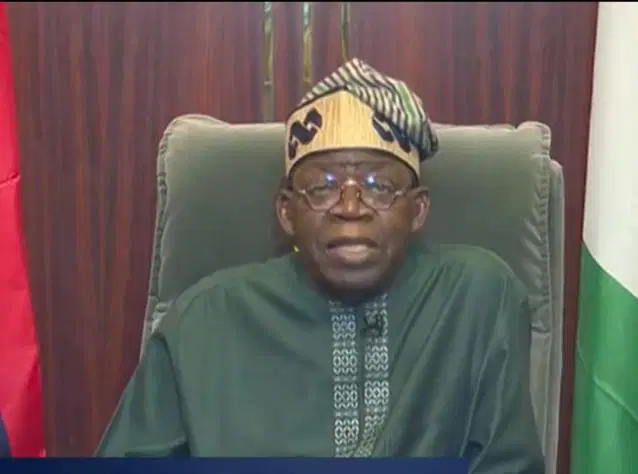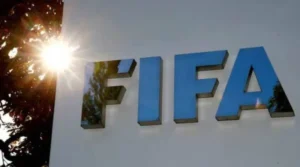- EFCC’s Investigation: The Economic and Financial Crimes Commission (EFCC) has traced funds linked to the failed Crypto Bridge Exchange (CBEX) scheme to at least four countries.
- Blocked Accounts and Frozen Funds: The EFCC has blocked several accounts and frozen funds, but the exact amount cannot be disclosed yet.
- Recovery Challenges: Full restitution to victims may be impossible due to dissipated funds and the involvement of foreign nationals beyond Nigeria’s jurisdiction.
- Arrests: Three suspects are currently in EFCC custody, providing useful statements to investigators.
- International Cooperation: The EFCC is working with foreign counterparts to facilitate the recovery process.
The Economic and Financial Crimes Commission (EFCC) has confirmed that funds linked to the failed Crypto Bridge Exchange (CBEX) scheme have been traced to at least four countries. EFCC Chairman Ola Olukoyede stated that the agency has blocked several accounts and frozen funds, but the exact amount cannot be disclosed yet.
Olukoyede explained that most of the transactions were conducted in cryptocurrency and routed through wallets beyond Nigeria’s jurisdiction, making recovery challenging. He noted that full restitution to victims may be impossible due to the dissipated funds and the involvement of foreign nationals beyond Nigeria’s jurisdiction.
The EFCC has arrested three suspects who are currently in custody and have provided useful statements to investigators. The agency is working to recover the stolen funds, but Olukoyede emphasized that retrieving every lost amount may be practically impossible.
The CBEX scheme collapsed, leaving many Nigerians unable to withdraw their funds, after the Securities and Exchange Commission (SEC) warned that CBEX was not registered with the agency. A federal high court in Abuja had granted the EFCC permission to arrest six CBEX promoters over a $1 billion investment fraud allegation.





















